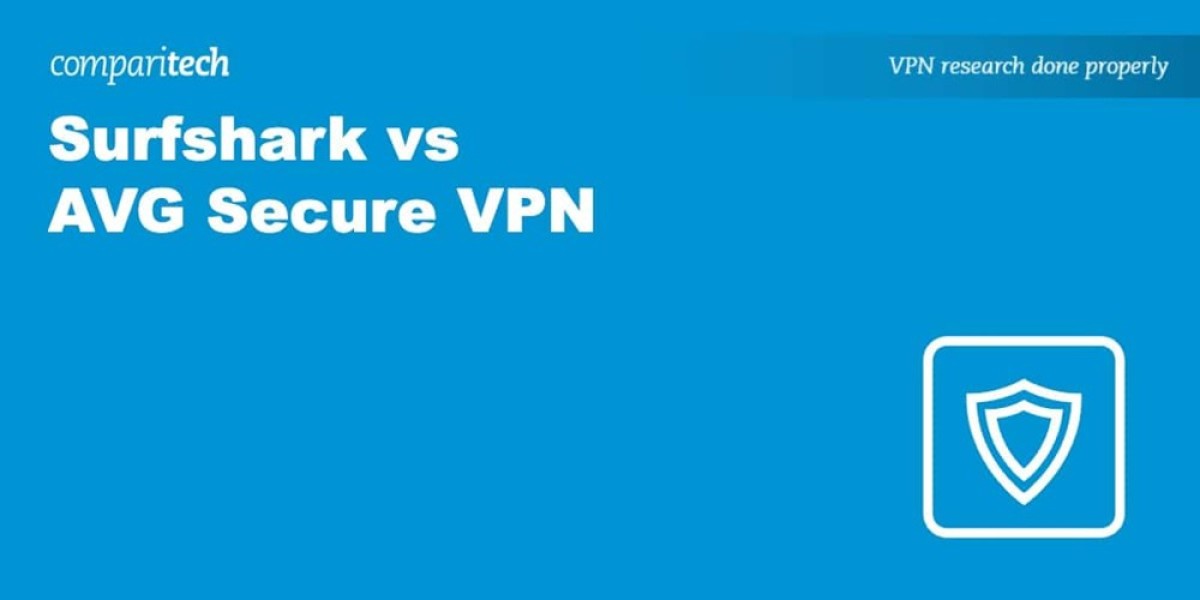Ensuring the safety and security of patients, staff, and visitors is a priority for healthcare facilities. With the increasing number of security threats and incidents in healthcare settings, having professional security guards is crucial. However, hiring the right security guard can be a daunting task, as the needs of a healthcare facility are unique. If you are looking for guidance on how to hire security guard for your healthcare facility, here are some essential steps to help you make an informed decision.
1. Understand Your Security Needs
The first step in hiring a security guard for your healthcare facility is to assess the specific security needs of your organization. Healthcare facilities, including hospitals, clinics, and nursing homes, face a wide range of security challenges, including patient safety, theft, and managing violent or aggressive individuals. Some facilities may require round-the-clock security, while others may only need security during certain hours.
Ask yourself:
Is there a need for visible security guards at all times, or will occasional monitoring suffice?
Do you need armed security or unarmed guards?
Will the guard need to manage emergency situations or simply provide a presence?
Understanding your security needs will help you determine the type of security guard services you require.
2. Look for Relevant Experience and Training
Once you’ve identified your specific needs, it's time to search for security guards who have the necessary experience and training. Security guards with healthcare experience are invaluable, as they are familiar with the environment and the challenges that come with it.
Healthcare facilities require guards who can handle a variety of situations, such as medical emergencies, patient interactions, and de-escalating potential conflicts. Look for guards who have training in:
First aid and CPR
Conflict resolution and de-escalation techniques
Handling emergency situations
Customer service and patient interaction
By hiring security personnel with healthcare experience, you ensure that your security team understands the unique aspects of working in such a sensitive environment.
3. Ensure a Professional Appearance and Demeanor
Security guards in healthcare facilities must maintain a professional appearance and demeanor. Since security personnel will often interact with patients, visitors, and staff, their behavior should be calm, approachable, and respectful. In healthcare settings, security is not just about enforcing rules but also about fostering a safe and supportive environment.
Look for candidates who can balance authority with empathy. Security guards should be able to communicate clearly and politely, while still maintaining the ability to take control in a crisis. Their appearance should also reflect professionalism, as this adds to the sense of safety and trust within your facility.
4. Check for Licensing and Certifications
Security guards are required to hold specific licenses and certifications depending on the state or country they operate in. It’s essential to ensure that any security personnel you hire have the necessary legal qualifications to work in your area.
Look for certifications such as:
State-issued security guard license
Certification in first aid and CPR
Additional certifications in emergency response, if applicable
Ensure that the security agency you choose is licensed and compliant with state and federal regulations. This not only ensures legal compliance but also assures you that the guards you hire are well-prepared for their role.
5. Choose Between In-House vs. Outsourced Security
When hiring a security guard for your healthcare facility, you will need to decide whether to employ an in-house security team or outsource security services to a professional agency. Both options come with pros and cons.
In-house security gives you direct control over your team, but it requires more time and resources for training, scheduling, and managing personnel. Outsourcing security services, on the other hand, can save time and costs, as security agencies handle staffing and training, but it may result in less control over individual guards.
Consider your budget, the size of your facility, and your preference for control when making this decision.
6. Perform Thorough Background Checks
Security guards will be responsible for the safety of patients and staff, which is why conducting thorough background checks is a critical part of the hiring process. You want to ensure that the individual you are hiring has a clean record and no history of criminal activity.
Make sure that background checks include:
Criminal history verification
Employment history check
Reference checks
By verifying these details, you can be confident that the security guard you hire is trustworthy and reliable.
7. Assess Communication Skills
Effective communication is a key part of security work, especially in healthcare facilities. Security guards will need to interact with a variety of individuals, from patients and family members to medical staff and visitors. Clear, respectful communication is vital to prevent misunderstandings and ensure smooth operations.
In addition to basic communication skills, look for security guards who can use security-related technology, such as surveillance systems and emergency communication devices. Their ability to quickly relay information during a crisis could be critical in preventing harm and ensuring the safety of everyone in the facility.
8. Test the Guard’s Ability to Handle Stressful Situations
Healthcare facilities can be fast-paced and stressful environments, especially during emergencies. Therefore, it is important to assess how well a security guard can handle high-pressure situations. A good security guard must be able to remain calm under stress and respond appropriately.
During the interview process, you may want to ask situational questions or run stress tests to gauge how the candidate would react to different scenarios. For example:
How would you handle an aggressive patient?
What would you do in the event of a medical emergency?
The answers you receive will give you an indication of the guard’s ability to manage stress and prioritize safety.
9. Understand the Cost of Security Services
Finally, consider your budget when hiring a security guard for your healthcare facility. The cost of security services can vary depending on factors such as location, the level of experience of the guards, and whether you are hiring in-house or outsourcing to an agency.
Get quotes from multiple security firms and compare their rates. Keep in mind that hiring a well-qualified security guard is an investment in the safety and security of your healthcare facility. Balancing cost with the quality of services is key to making an informed decision.
Conclusion
Hiring the right security guard for your healthcare facility is not something to take lightly. It’s essential to carefully assess your security needs, the guard's qualifications, and the overall compatibility of the guard with your facility's culture. By following these steps and focusing on the right qualifications, you can ensure that your healthcare facility remains safe, secure, and well-protected for everyone within it.
By focusing on key aspects such as experience, demeanor, certifications, and background checks, you’ll be able to find the perfect security guard who can meet the demands of your healthcare facility and provide a secure environment for all.
Intraguard is one of the top London security companies, providing comprehensive services like manned guarding, CCTV surveillance, patrolling, and guard dog patrols to secure your property.








